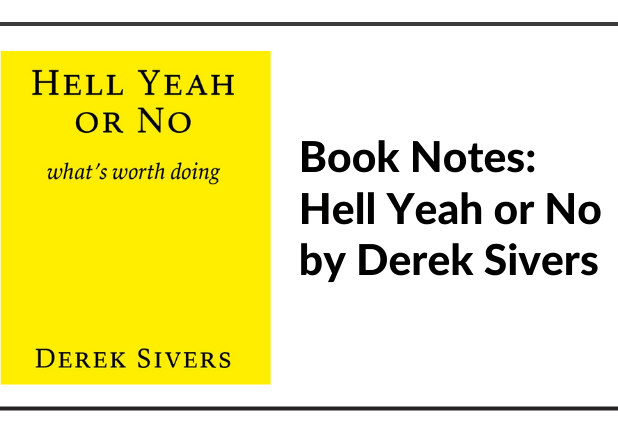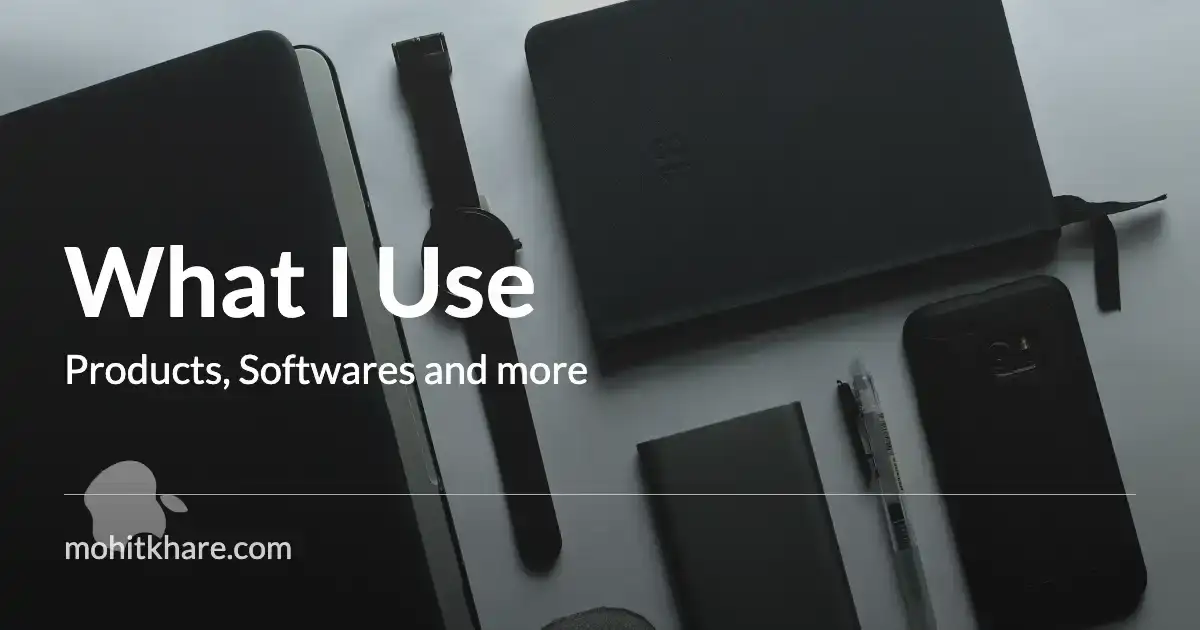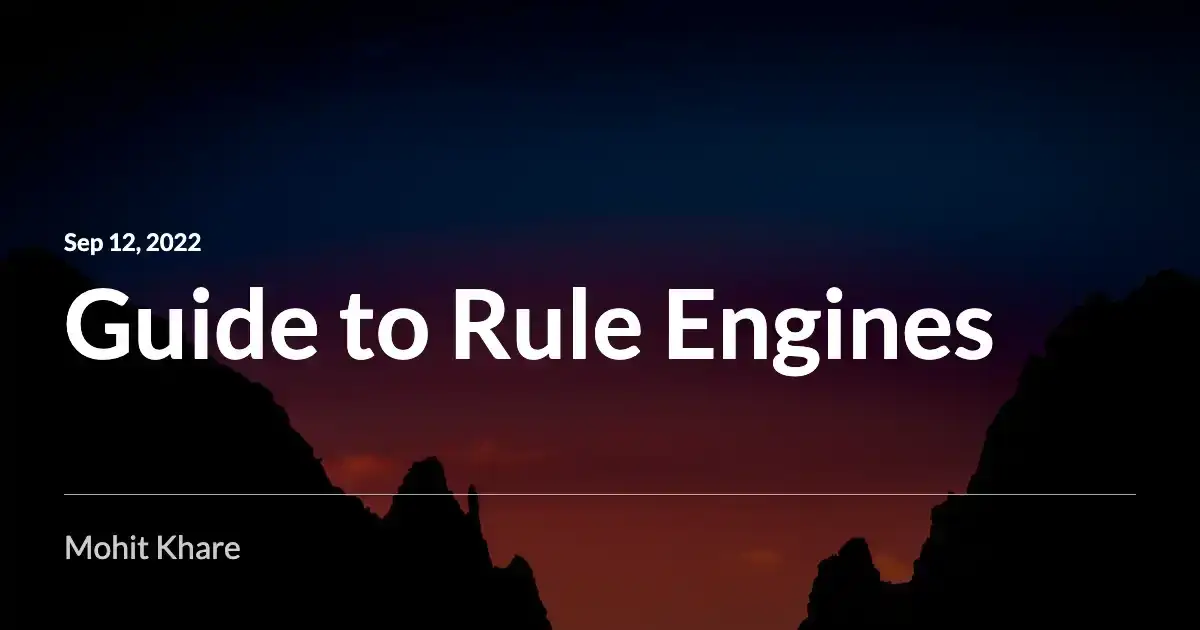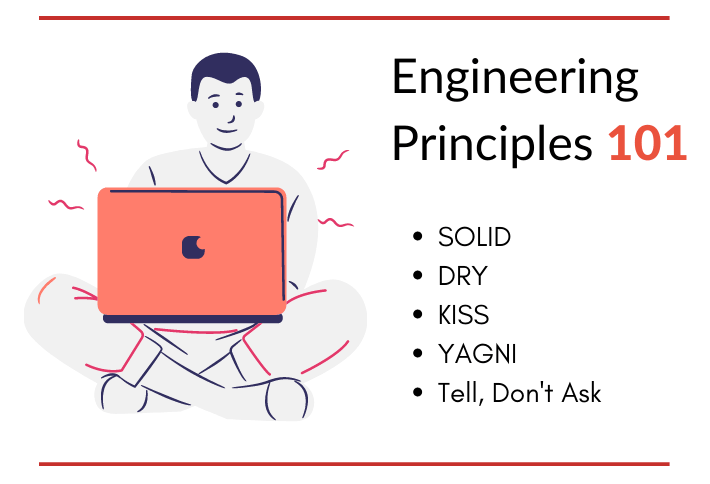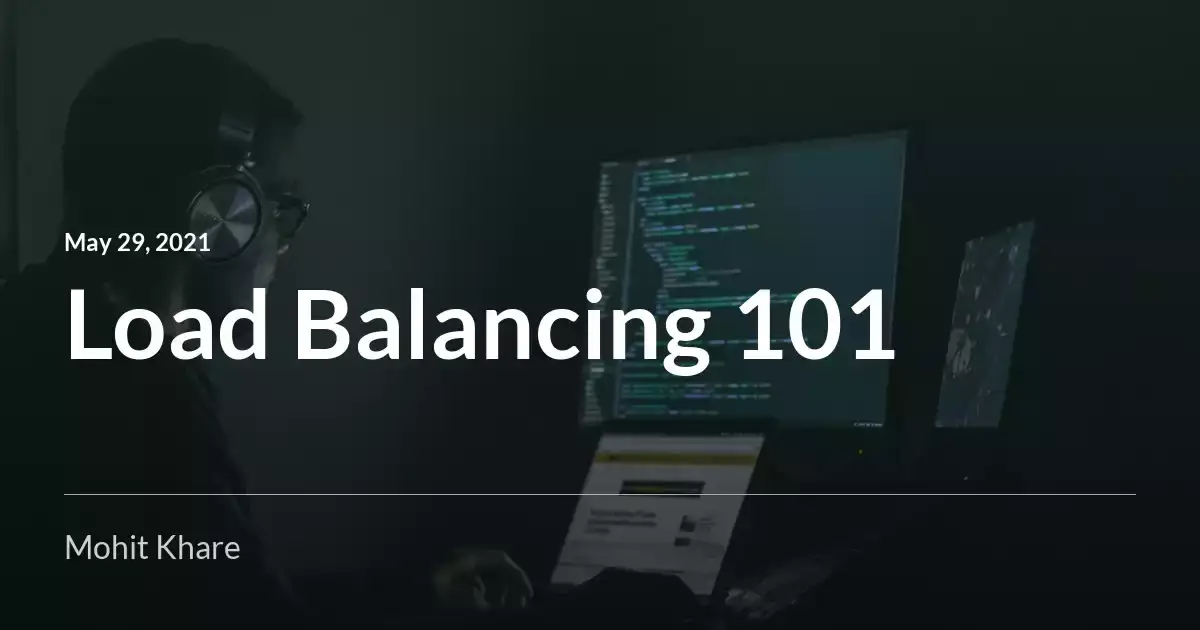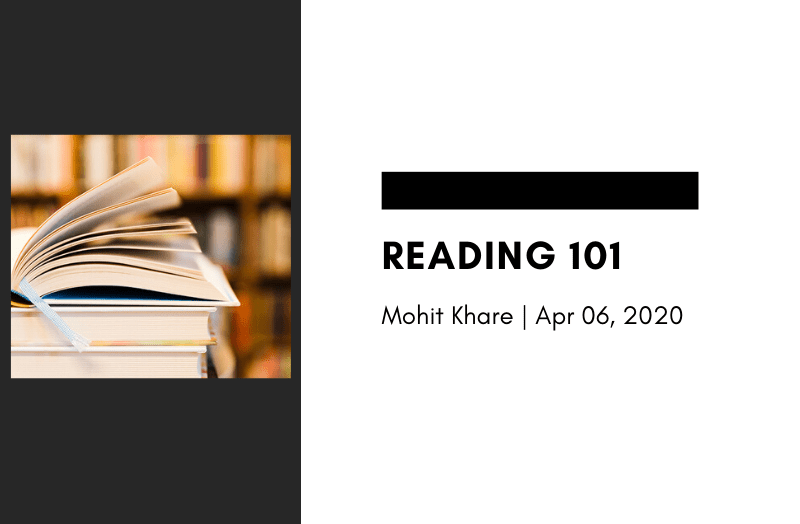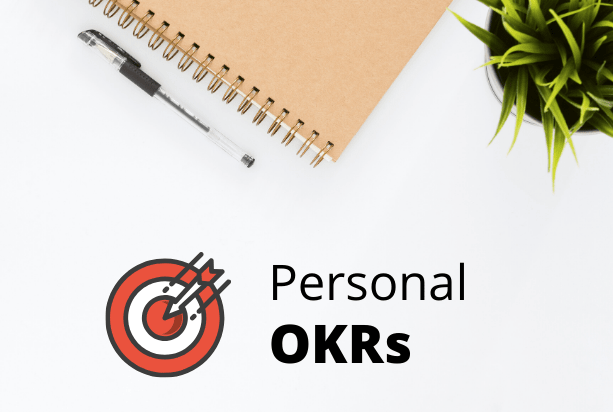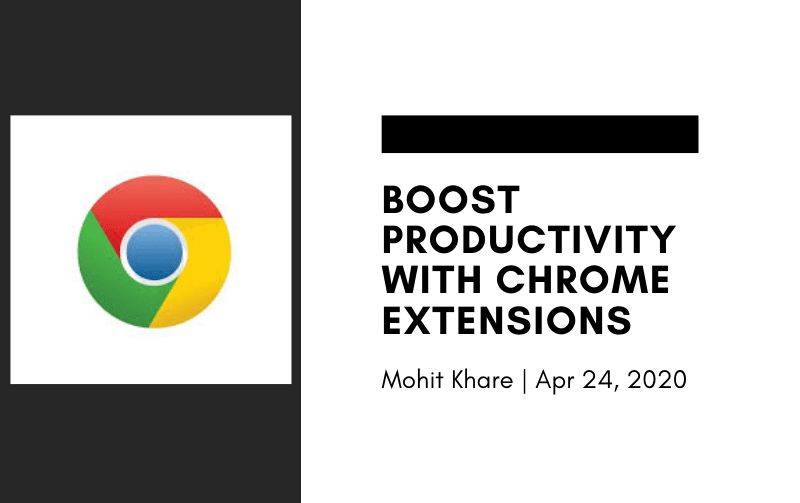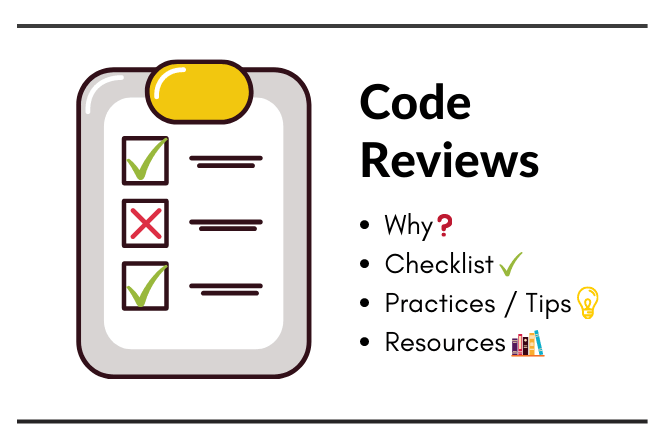Get latest articles directly in your inbox
These are highlights/notes from book “Hell yeah or No” by Derek Sivers. This is an amazing short book which curates blogs written by Derek over years. Full of life lessons, Hell Yeah or No is a must read!
These are my personal notes/highlights which I took while reading.I would recommend reading the book, but in case you are short on time - just skim through these notes 😊
In case you are looking for book recommendations! Check Learnshots
You can focus your time locally or globally.
If they really wanted to do it, they would have done it
No matter what you say, your actions reveal the truth.
There are two smart reactions to this:
- Stop lying to yourself, and admit your real priorities.
- Start doing what you say you want to do, and see if it’s really true.
By using a title without doing the work, you fool yourself into thinking that future success is assured — thinking, “This is who I am!” But that premature sense of satisfaction can keep you from doing the hard work necessary.
Stop fooling yourself. Be honest about what’s past and what’s present. Retiring outdated titles lets you admit what you’re really doing now. And if you don’t like the idea of losing your title, then do something about it!
Speak only in the present tense about what you’re actually doing. Don’t tell about what you did or what you will do!
Whatever you decide, you need to optimize for that goal, and be willing to let go of the others.
If you want freedom, then own a business but delegate all the work. You won’t be learning or creating or giving as much as you could with a different strategy, but that’s OK. You know freedom is what you’re after.
You know that existing business that you wish you had thought of? Copy it. Look around at those existing ideas in the world. You can imitate them and still be offering something valuable and unique.
Public comments are just feedback on something you made! Don’t take them too seriously or lightly!
Character is the result of your little choices and little actions.
How you do anything is how you do everything. It all matters. Your actions are completely under your control, and seem to be the best indicator of future success.
That one little action changes how you think about yourself.
You won’t act differently until you think of yourself differently. So start by taking one small action that will change your self-identity.
We miss out on the great because we’re busy with the mediocre. The solution is to say yes to less.
If you’re not feeling “Hell yeah, that would be awesome!” about something, say no.
It’s an easier decision. Say no to almost everything. This starts to free your time and mind Then, when you find something you’re actually excited about, you’ll have the space in your life to give it your full attention. You’ll be able to take massive action, in a way that most people can’t, because you cleared away your clutter in advance. Saying no makes your yes more powerful.
Refuse almost everything. Do almost nothing. But the things you do, do them all the way.
This is a decision to stop deciding. It’s one decision, in advance, that the answer to all future distractions is “no” until you finish what you started. It’s saying yes to one thing, and no to absolutely everything else.
People say that your first reaction is the most honest, but I disagree. Your first reaction is usually outdated.
When you notice that something is affecting your drive, find a way to adjust your environment, even if that’s a little inconvenient for others.
To bring something new into your life, you need somewhere to put it. If your current habits are filling your day, where are these new habits supposed to go?
Before you start something, think of the ways it could end. Sometimes the smart choice is to say no to the whole game.
Getting out of a bad state of mind
- Ask myself what’s wrong in this very second.
- Observe now. Act later.
- Raise standards. Say no to anything less than great. Empty time helps me think clearly, because there’s more time to process and reflect.
- Focus on your goal! Focus helps me say no, because once you can clearly see where you’re heading, you’re less likely to let anything get in your way
If you’re more driven than most people, you can do way more than anyone expects. And this principle applies to all of life, not just school.
Silence is a great canvas for your thoughts. That vacuum helps turn all of your inputs into output. That lack of interruption helps you flow.
Even if just for a few hours. Unplug. Turn off your phone and Wi-Fi. Focus. Write. Practice. Create. That’s what’s rare and valuable these days.
You get no competitive edge from consuming the same stuff everyone else is consuming. It’s rare, now, to focus. And it gives such better rewards. So the next time you’re feeling extremely unmotivated, do those things you never want to do anyway.
Comparing up versus comparing down: Your happiness depends on where you’re focusing. Instead of comparing up to the next-higher situation, compare down to the next-lower one.
If we love doing something, it seems simple. We think of it as one fun step.
Procrastination hack: change “and” to “or”
When people say they have only two options, it means they got stuck. Once people get two options, they start comparing the pros and cons of those two, and forget to think of more.
Great insight comes only from opening your mind to many options. Brainstorm them all, from the hybrids to the ridiculous.
Success is based on so many factors. Some are luck. Some are not. It’s hard to know which will work for you. There is no one guide to success.
Ideally, asking advice should be like echolocation. Bounce ideas off of all of your surroundings, and listen to all the echoes to get the whole picture.
Early in your career, the best strategy is to say yes to everything. The more things you try, and the more people you meet, the better. Each one might lead to your lucky break. Then when something is extra-rewarding, it’s time to switch strategies. Focus all of your energy on this one thing.Don’t be leisurely. Strike while it’s hot. Be a freak.Give it everything you’ve got.
The solution is to think long term. Do just one thing for a few years, then another for a few years, then another.
Don’t be a donkey. You can do everything you want to do. You just need foresight and patience.
Most people overestimate what they can do in one year, and underestimate what they can do in ten years. Think long term. Use the future. Don’t be short sighted. Don’t be a donkey.
Listen more. Ask a lot of questions. Stop thinking others are stupid. Assume most people are smarter than me. To assume you’re below average is to admit you’re still learning. You focus on what you need to improve, not your past accomplishments.
Think that everything is a coincidence. Life feels more amazing to me if it has no meaning. No secret agenda. Beautifully random.
Everybody’s ideas seem obvious to them.
There are three things to consider when making life-size decisions:
- What makes you happy
- What’s smart — meaning long-term good for you
- What’s useful to others
If you have too much stability, you get bored. If you don’t have enough stability, you panic. So keep the balance.
About your art: Pursue it seriously. Take lessons. Make weekly progress. Keep improving, even if you’ve been doing it for decades.
Your main obstacle to this amazing life will be self-control. You’ll need good time management to stop addictions like social media and video-watching, and make your art your main relaxing activity
Don’t try to make your job your whole life. Don’t try to make your art your sole income.
Learning without doing is just waste.
Nobody’s judging me because nobody’s thinking of me. They’re just looking for ways to improve their own lives.
If I can do something that people find useful, then I should. It doesn’t matter if it’s a masterpiece or not, as long as I enjoy it
So when should you make decisions? When you have the most information, when you’re at your smartest: as late as possible.
Resist the urge to figure it all out in advance. Realize that now, in the beginning, is when you know the least.
I meet a lot of people who want to start a business. Some don’t have an idea yet. I don’t understand this. It’s like wanting to wear a bandage when you don’t have a wound
Start a business when people are actually asking you. See if there is a demand!
It’s so easy to waste time doing stuff that’s not important, not really fun, and not useful to anyone, not even yourself.
The solution is deliberate unlearning.
- Doubt what I know.
- Stop the habit of thinking I know it.
- Require current proof that it’s still true today. Otherwise, let it go.
Learn to unlearn and relearn
It’s easy to think I need something else. It’s hard to look instead at what to remove.
The most successful people I know have a narrow focus, protect themselves against time-wasters, say no to almost everything, and have let go of old limiting beliefs.
Being smart means thinking things through. Being stupid means avoiding thinking by jumping to conclusions.
All that matters is what you do with the ideas, no matter the source. Apply them to your own life in your own way. It was never about them. It’s about you.
Don’t focus on the example itself. Use it as a metaphor, and apply the lesson to my situation.
To make a change, you have to be extreme. Go all the way!
If it was a great goal, you would have jumped into action already. You wouldn’t wait. Nothing would stop you.
The purpose of goals is not to improve the future. The future doesn’t exist. It’s only in our imagination. All that exists is the present moment and what you do in it. Judge a goal by how well it changes your actions in the present moment.
A bad goal makes you say, “I want to do that some day.” A great goal makes you take action immediately.
A bad goal makes you say, “Let me sleep on it.” A great goal makes you say, “I can’t sleep! I was up until 2 a.m. doing this, then got up at 7 a.m. to do it some more.”
Nothing is truly inspiring unless you apply it to your work.
Inspiration is not receiving information. Inspiration is applying what you’ve received. But constantly seeking inspiration is anti-inspiring. You have to pause the input and focus on your output.
Fear is just a form of excitement, and you know you should do what excites you. Once you do something that scared you, you’re not scared of it anymore!
That’s it folks! I know I made a lot of notes. Check out Derek’s blog for more awesome stuff. Also, listen to his podcast, you’ll learn so much there!
Follow my reading list on Goodreads. Share your favourite reads in the comment section. Do drop a 👍 and share it with your friends.
Liked the article? Consider supporting me ☕️
More book summaries
I hope you learned something new. Feel free to suggest improvements ✔️
I share regular updates and resources on Twitter. Let’s connect!
Keep exploring 🔎 Keep learning 🚀
Liked the content? Do support :)
